Lack of Orgasm (Anorgasmia)
Definition
Anorgasmia is the medical term for regular difficulty in reaching orgasm after ample sexual stimulation, causing personal distress. Anorgasmia is actually a very common occurrence, affecting at least 1 in 5 women worldwide. Orgasms vary in intensity, and women vary in the frequency of their orgasms and the amount of stimulation necessary to trigger an orgasm. In fact, fewer than a third of women consistently have orgasms with sexual activity. In addition, orgasms often change with age, medical issues or medications.
Symptoms
An orgasm is a feeling of intense physical pleasure and release of tension, accompanied by involuntary, rhythmic contractions of your pelvic floor muscles. Some women actually feel pelvic contractions or a quivering of the uterus during orgasm, but some don’t. Some women describe fireworks all over the body, while others describe the feeling as a tingle. By definition, the major symptoms of anorgasmia are inability to experience orgasm or long delays in reaching orgasm. But there are different types of anorgasmia:
- Primary anorgasmia. This means you’ve never experienced an orgasm.
- Secondary anorgasmia. This means you used to have orgasms, but now experience difficulty in reaching climax, or not reaching climax at all.
- Situational anorgasmia. This means you are able to orgasm only during certain circumstances, such as during oral sex or masturbation. This is very c ommon in women. In fact, about 60-70 percent of women experience orgasm only from stimulation of the clitoris. Some women complain of being able to reach orgasm, by masturbation, only with certain assistance or devices, such as vibrators.
- General Anorgasmia. This means you aren’t able to orgasm in any situation or with any partner.
Causes of Anorgasmia
Despite what is seen in the movies, orgasm is no simple, guaranteed experience. This pleasurable peak is actually a complex reaction to many physical, emotional and psychological factors. If you’re experiencing trouble in any of these areas, it can affect your ability to orgasm.
Physical causes
A wide range of illnesses, physical changes and medications can interfere with orgasm:
- Medical diseases. Any illness can affect this part of your sexuality, including diabetes and neurological diseases, such as multiple sclerosis. Orgasm may also be affected by gynecologic surgeries, such as hysterectomy or cancer surgeries. In addition, lack of orgasm often goes hand in hand with other sexual problems, such as painful intercourse.
- Many prescription and over-the-counter medications can interfere with orgasm. This includes blood pressure medications, antihistamines and antidepressants — particularly selective serotonin reuptake inhibitors (SSRIs). Interestingly, the use of SSRI is now widespread for the management of “anxieities” and depressive illnesses.
- Alcohol and drugs. A glass of wine may make you feel romantic, but too much alcohol can restrict ability to climax; the same is true of street drugs.
- The aging process. As you age, normal changes in your anatomy, hormones, neurological system and circulatory system can affect your sexuality. The drop in oestrogen that occurs during the transition to menopause can be a particularly notable hindrance of orgasm. Lower levels of this female hormone can decrease sensations in the clitoris, nipples and skin and impede blood flow to the vagina and clitoris, which can delay or stop orgasm entirely. Nonetheless, many women report more satisfying sex with age.
Psychological causes
Many psychological factors play a role in your ability to orgasm, including:
- Mental health problems, such as anxiety or depression, Performance anxiety, Stress and financial pressures, Cultural and religious beliefs, Fear of pregnancy or sexually transmitted diseases, Embarrassment, Guilt about enjoying sexual experiences
Relationship Problems
Many couples who are experiencing problems outside of the bedroom will also experience problems in the bedroom. These overarching issues may include:
- Lack of connection with your partner, Unresolved conflicts or fights, poor communication of sexual needs and preferences, infidelity or breach of trust
Diagnosis
Diagnosis and effective treatment of anorgasmia depends on the type and cause. If it apparent that one of the causes is violence or sexual trauma, the psychological treatment is the preferred option, sometimes with additional psychosexual counseling. If there is no obvious psychological cause, then a full medical examination is called for. Not every medical professional takes the same course of action but the usual process is for a full examination in the first instance. This will include a full blood count, liver function test, blood tests for oestrogens and testosterone levels, thyroid function, female hormonal profile (FSH, LH, Prolactin), blood sugar and the regular tests for other conditions such as diabetes and heart malfunction. The results are then reviewed in terms of how the hormonal levels in the blood affects, general body functions (e.g. thyroid function), genital blood flow and genital sensation. The clinical or sex therapist may also arrange or conduct tests to evaluate any nerve damage and its extent and relevance to the situation.
Treatments and Drugs
Treatment of anorgasmia may be difficult depending on the underlying cause of your symptoms, but combinations of options are discussed below. For most women, treatment means more than medications. It’s important to address relationship issues and everyday stressors. Understanding your body and trying different types of sexual stimulation may help.
- Understand your body better. Understanding your own anatomy and how you like to be touched can lead to better sexual satisfaction. If you need a refresher course on your genital anatomy, do take some time to explore your own body. If you’re uncomfortable with self-exploration, try exploring your body with your partner.
- Increase sexual stimulation. Many women who’ve never had an orgasm aren’t getting enough effective sexual stimulation. Most women need direct or indirect stimulation of the clitoris in order to orgasm, but not all women realize this. Switching sexual positions can produce more clitoral stimulation during intercourse; some positions also allow for you or your partner to gently touch your clitoris during sex.
- Seek couples counseling. Conflicts and disagreements in your relationship can affect your ability to orgasm. A counselor can help you work through disagreements and tensions and get your sex life back on track.
- Try sex therapy. Sex therapists are therapists who specialize in treating sexual problems. You may be embarrassed or nervous about seeing a sex therapist, but sex therapists can be very helpful. Some gynaecologist have interest or experience in sex therapy and may be able to help. Therapy often includes sex education, help with communication skills and behavioral exercises that you and your partner can try at home. For example, you and your partner may be asked to practice “sensate focus” exercises, a specific set of body-touching exercises that teach you how to touch and pleasure your partner without worrying about orgasm. By using these techniques and others, you may learn to view orgasm as one pleasurable part of sexual intimacy, not the whole goal of every sexual encounter.
Medical treatments
Hormone therapies aren’t a guaranteed fix for anorgasmia. But they can help; so can treating underlying medical conditions.
- Treating underlying conditions. If a medical condition is hindering your ability to orgasm, treating the underlying cause may resolve your problem. Changing or modifying medications known to inhibit orgasm also may eliminate your symptoms.
- Oestrogen therapy. Systemic oestrogen therapy — by pill, patch or gel — can have a positive effect on brain function and mood factors that affect sexual response. Local estrogen therapy — in the form of a vaginal cream or a slow-releasing pessary or ring that you place in your vagina — can increase blood flow to the vagina and help improve desire. In some cases, your doctor may prescribe a combination of oestrogen and progesterone.
- Testosterone therapy. Male hormones, such as testosterone, play an important role in female sexual function, even though testosterone occurs in much lower amounts in a woman. As a result, testosterone may help increase orgasm, especially if oestrogen and progesterone aren’t helping. However, replacing testosterone in women is controversial, as it can cause negative side effects, including acne, excess body hair (hirsutis m), and mood or personality changes. Testosterone seems most effective for women with low testosterone levels as a result of surgical removal of the ovaries (oophorectomy).
Alternative medicine
Natural products are available that may help some women who have difficulty reaching orgasm. These oils and supplements work by increasing sensation in the clitoris and surrounding tissue. The following products may benefit some women with anorgasmia:
- This botanical massage oil helps warm the clitoris and may increase sexual arousal and orgasm. Link to buy Zestra
- This oral nutritional supplement contains L-arginine, a substance that relaxes blood vessels and increases blood flow to the genital area, and the clitoris in particular. This product can cause side effects and may interact with other medications.


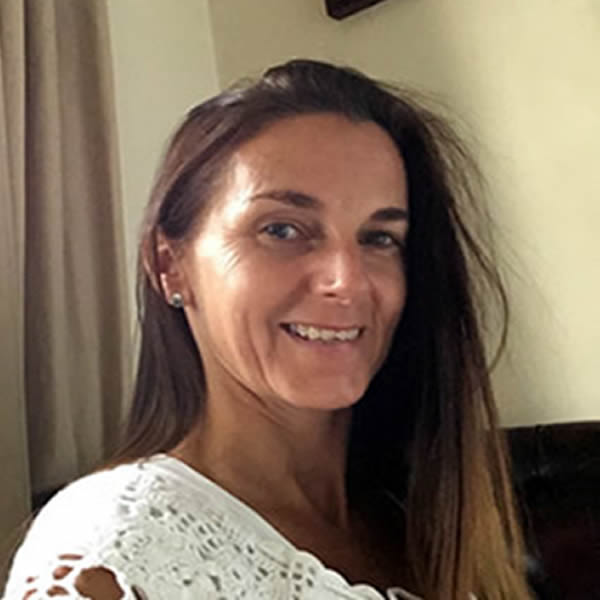
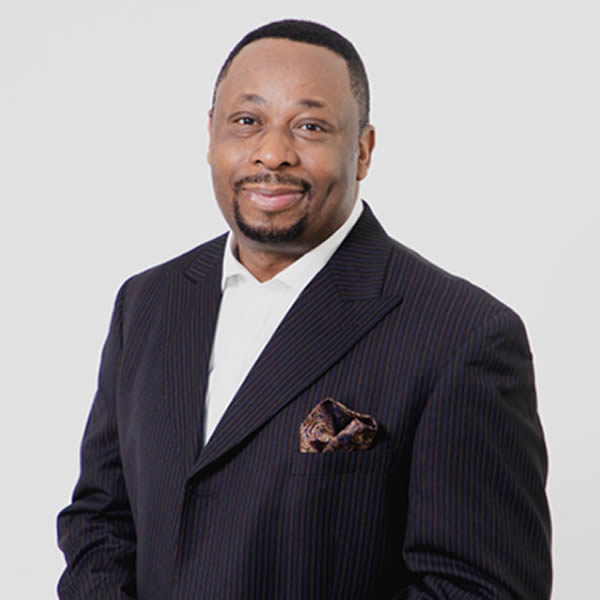
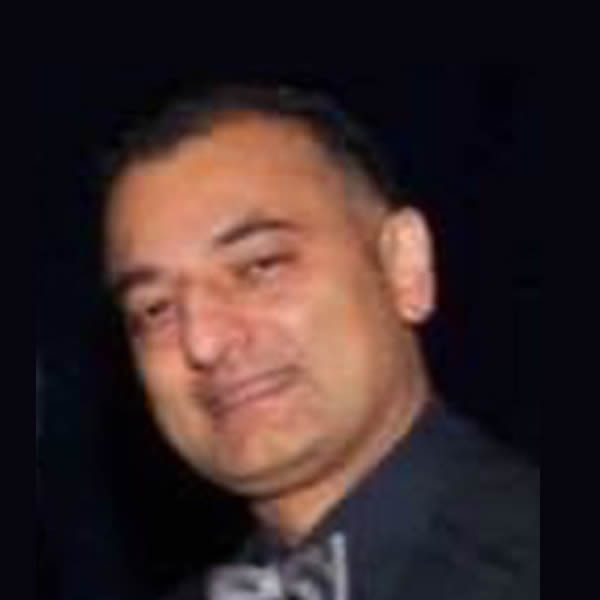
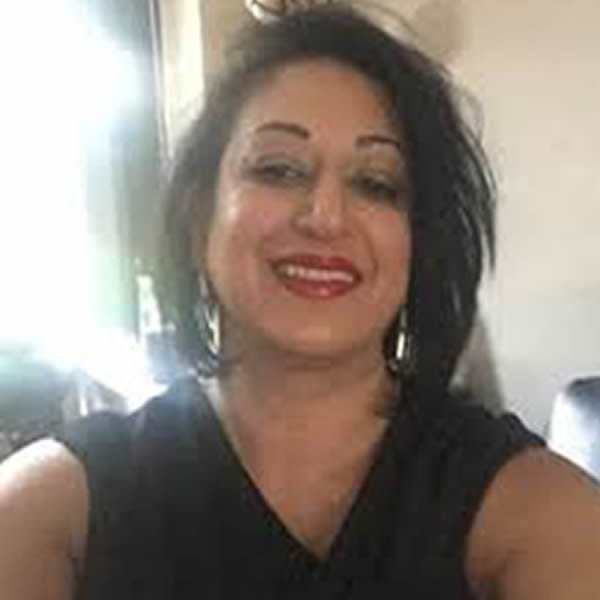

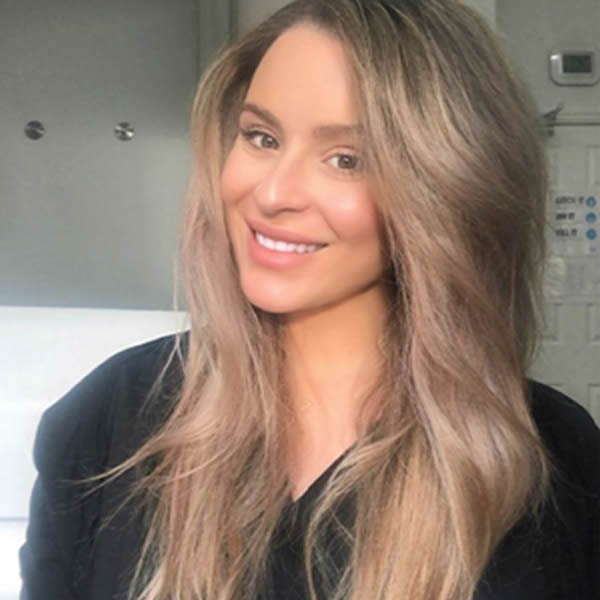
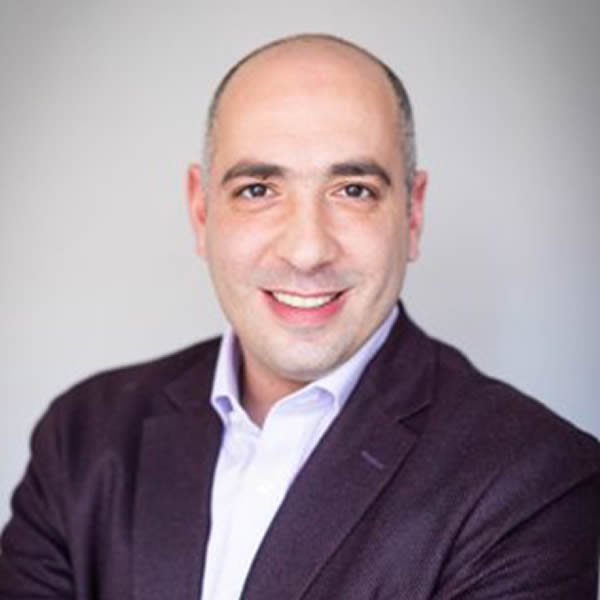
Leave a Reply
Want to join the discussion?Feel free to contribute!